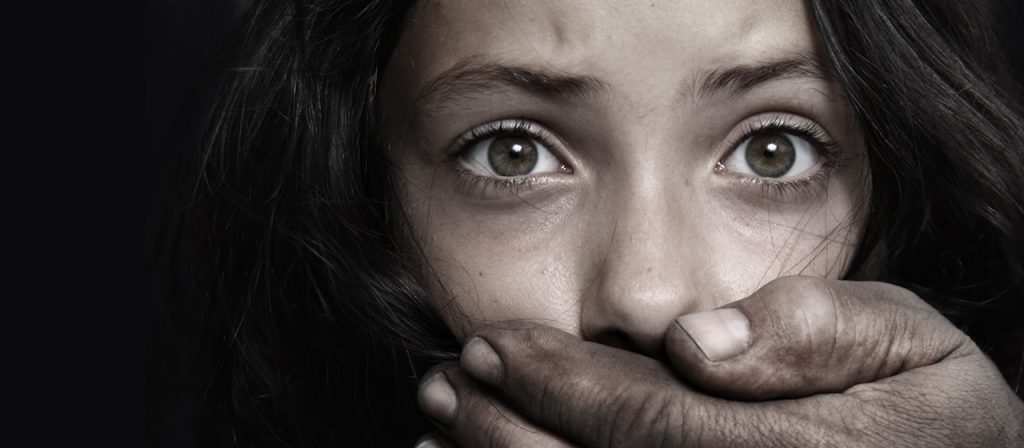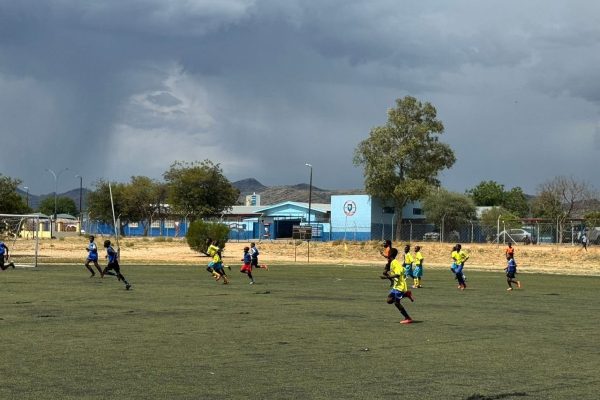
By: Annakleta Haikera
Namibia has recorded six cases of human trafficking between 2024 and 2025, with most victims trafficked under the pretence of employment, according to Namibian Police Force Inspector General Joseph Shikongo.
Speaking during the commemoration of World Day Against Trafficking in Persons on Wednesday in Rundu, Shikongo revealed that trafficking in persons continues to occur both within Namibia’s borders and across neighbouring countries.
“Most of the victims are deceived by false promises of love, lucrative jobs, or a comfortable lifestyle, only to be exploited by traffickers,” he said.
Shikongo noted that while human trafficking is not yet a widespread issue in Namibia, the number of reported and detected cases is gradually increasing, confirming that three cases have already been prosecuted in the past year. He also highlighted significant international trafficking movements, stating that five Namibian victims were repatriated from Myanmar, one from Laos, and others from neighbouring countries including four from Angola, two from Botswana, and one from Zambia between June 2024 and June 2025.
A growing pattern of cross-border trafficking involving young men and women between Namibia and Angola, Zambia, Zimbabwe, and Botswana has also emerged, primarily linked to employment as cattle herders, domestic workers, and under fraudulent online cryptocurrency schemes.
In response, Shikongo urged regional police commanders, especially those in national border regions, to strengthen collaborative efforts with neighbouring countries to combat the trend.
Also speaking at the event, Minister of International Relations and Cooperation, Selma Ashipala-Musavyi, remarked that child safety and community protection are shared responsibilities.
“It is not just the duty of law enforcement agencies; parents and families must also be vigilant,” she stressed.
Ashipala-Musavyi highlighted Namibia’s commitment to international anti-trafficking efforts, recalling that the country ratified the United Nations (UN) Protocol to Prevent, Suppress, and Punish Trafficking in Persons, Especially Women and Children in 2002, along with the UN Convention on the Rights of the Child and its optional protocol.
She added that Namibia’s national legal framework includes the Combating of Rape Act, Prevention of Organised Crime Act, Labour Act of 2007, Child Care and Protection Act of 2015, and Immigration Control Act of 1993, which work in synergy to address trafficking in persons.
According to a 2020 Commonwealth parliamentary report, the Namibian Police recorded 151 victims of trafficking between 2010 and 2020.









